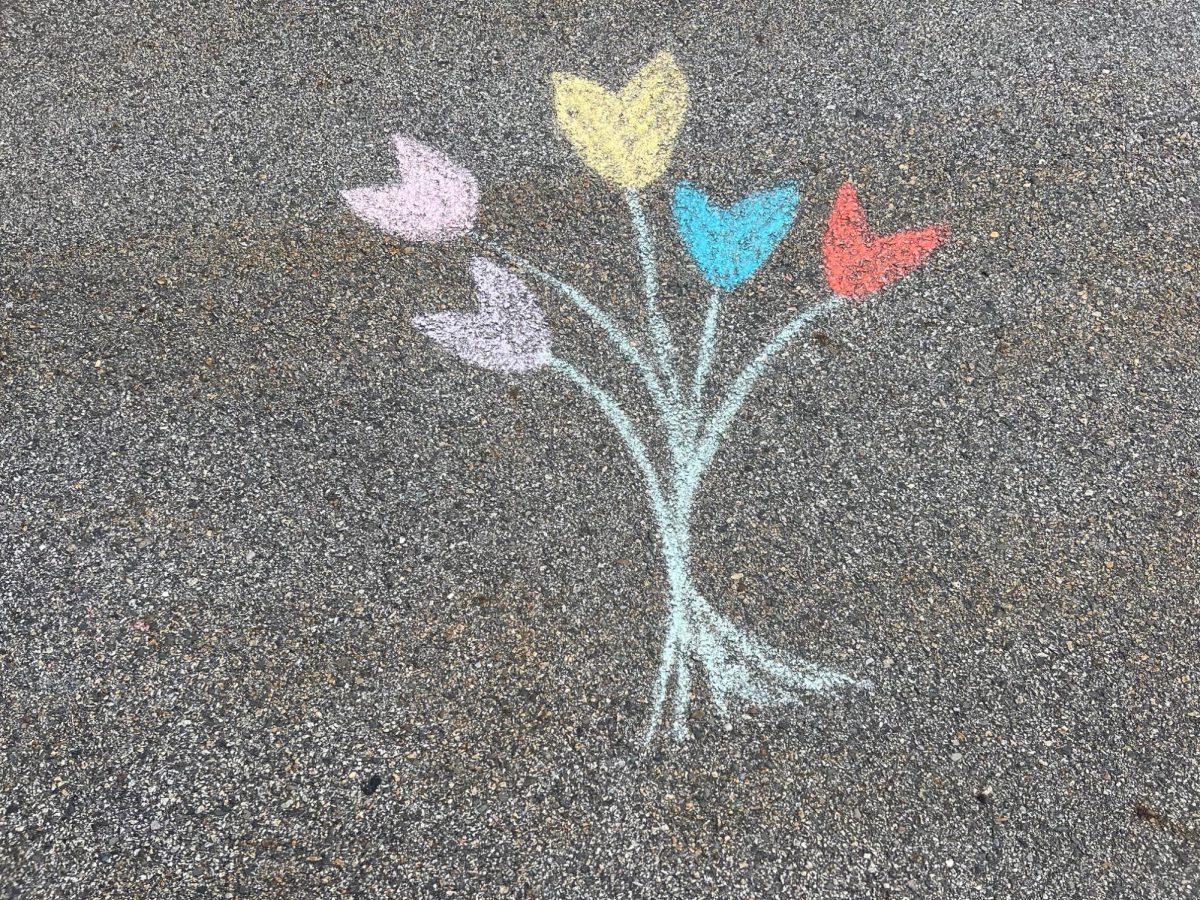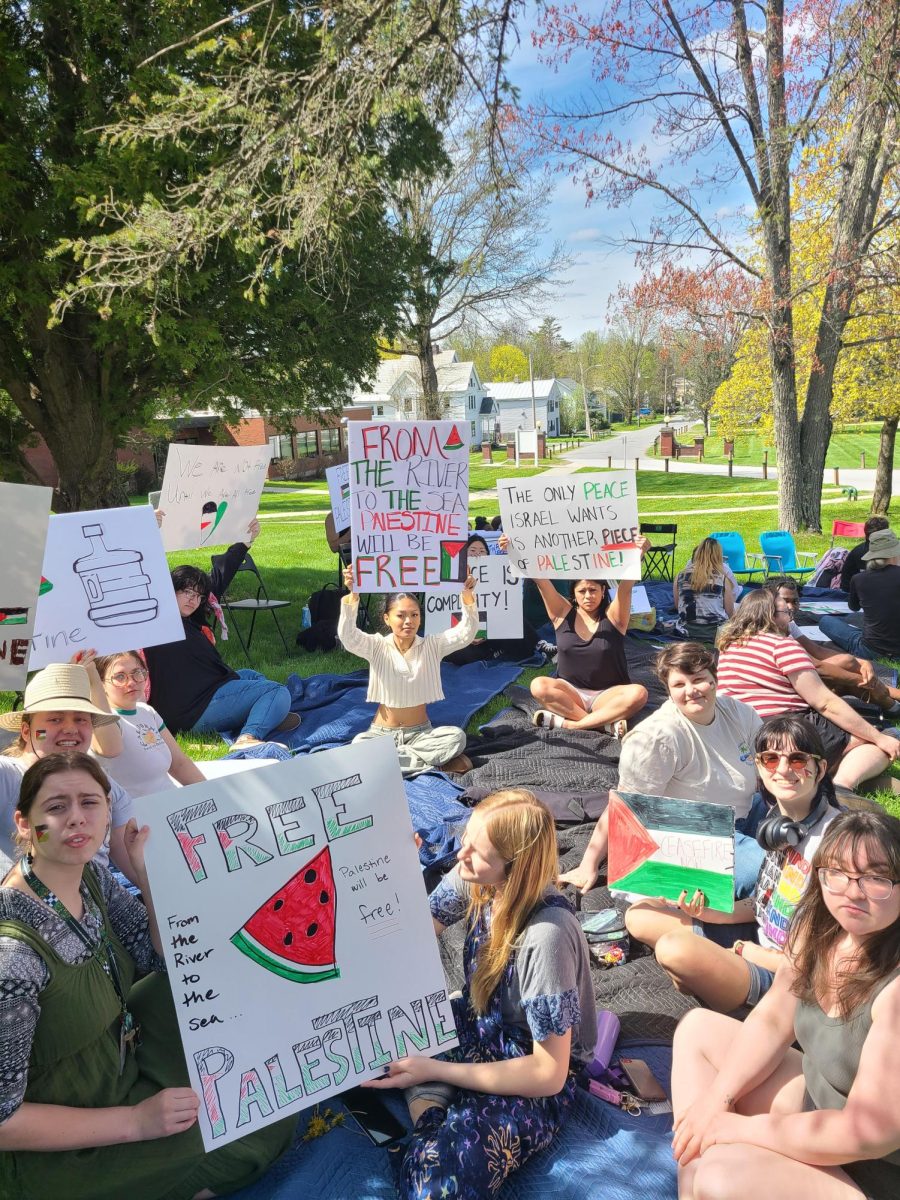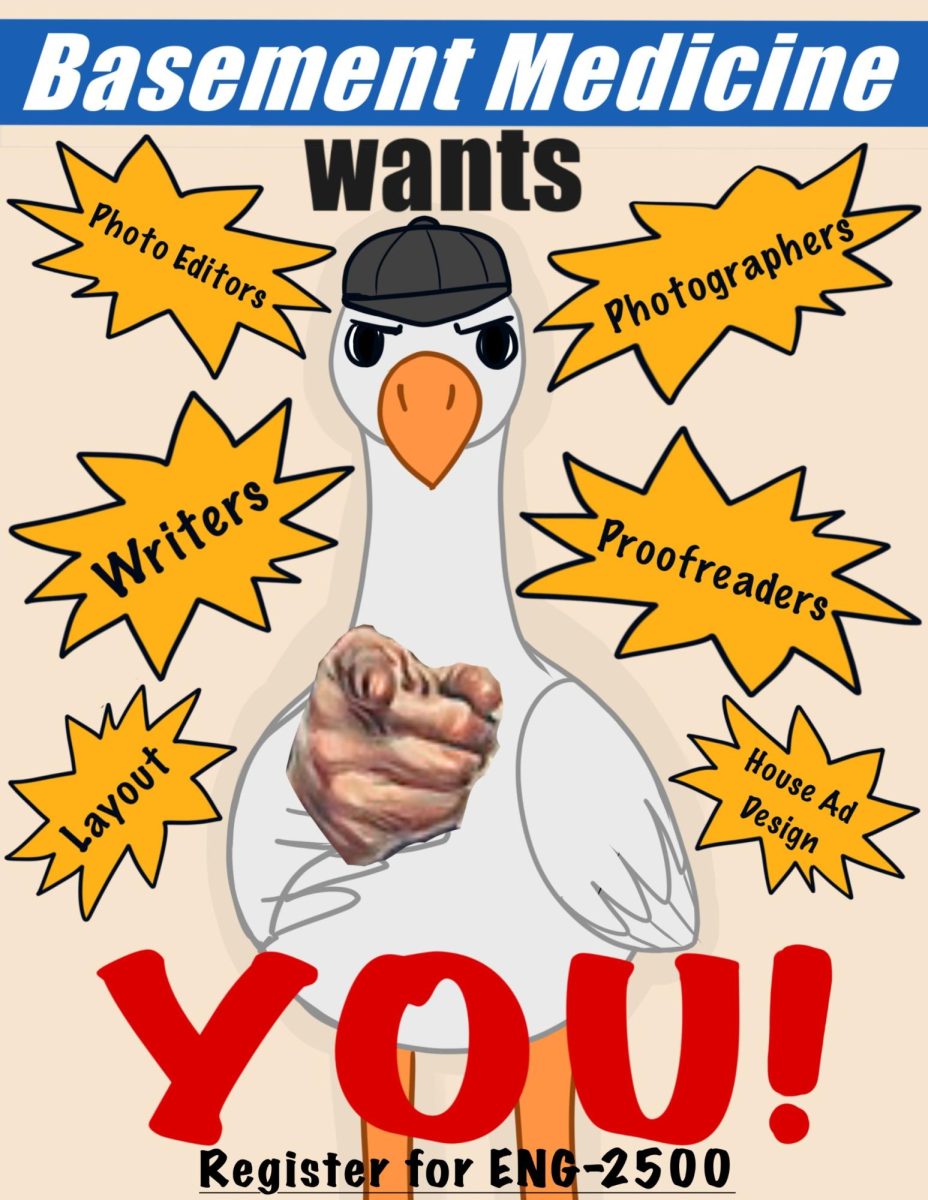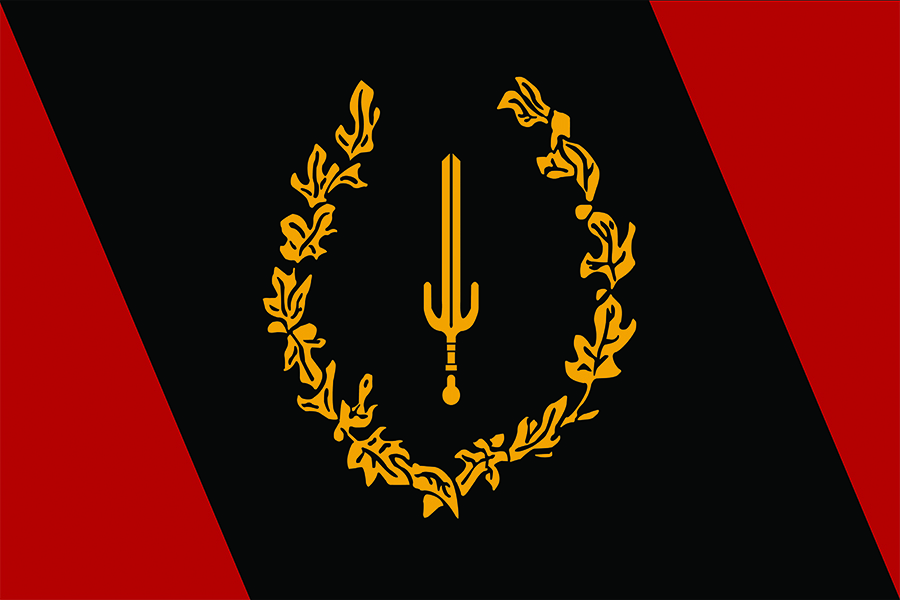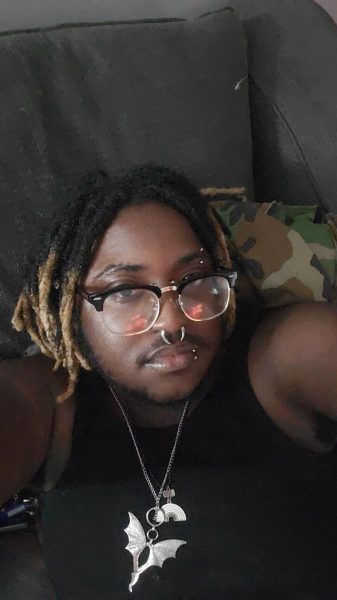From the journalist:
The Israel/Palestine conflict has been difficult to look at as a learning journalist. As an individual, I have my own personal beliefs, biases, and opinions. I watch, I listen, I learn, and I form what I believe to be ‘the truth’ of the situation.
There exists, however, others that do not see what I see. Their own opinions, biases, and beliefs have an effect on the way they interpret what they listen, watch, and learn, just like mine. They have their own version of ‘the truth.’
Regardless of which is the “right” one, they are both irrefutable realities. The duty of a journalist is to explore all of them, see them as they are, and present them to the people. But it’s basically impossible (I urge you to try) to write something and, as honestly as possible, reveal “both sides” of an issue while completely excluding your own biases.
“Dayne, why are you babbling about truths and reality when there is a very clear, correct way to think? There is a right, and there is a wrong, and that is the truth!”
In order to learn anything, to evolve with the rest of the world, you have to look outside of yourself. You have to be open and willing to discard everything you understand, everything you know or believe you know, and welcome the idea that you may be missing something. You have to set down your enormous ego and open your mind to the possibility that you are incorrect; your thoughts, your beliefs, and your opinions are wrong. That is the only way anyone can maybe set aside their own biases enough to critically examine something and see it for what it is.
If you claim to be a journalist, an activist, an educator, a mover, a shaker, or a bringer of change of any sort, then understanding this is fundamental.
From the activist:
Many of us are facing challenging times. Our televisions plague us with daily information about how badly the world is crumbling. The guilt of having good days while others are suffering makes it impossible to truly live them. “We have to fight!” say some. “We have to protest!” say others. At the same time, we’re stuck in our classrooms and jobs, fighting to keep our own lives and campuses afloat. “I have my own shit to worry about.” There’s guilt there; there’s selfishness. Our eyes and spirits are tired.
While it is important that we stay active in our support for others, now is the time to build your community. Your emotions are logical reactions to the current state of the world, and you are not feeling them alone. Some of you may have access to therapy or medication to manage yourself, but I encourage you to seek comfort in those around you as well. What we are all witnessing and experiencing could be the beginning of a trauma that spans generations; it is important that we heal as a collective. No one should be left to themselves. Take some time to have a good day. Release frustration, speak about your worries, and use them to reflect and reaffirm what you’re fighting for. The revolution needs you, and it needs you to be taking care of yourself.
Don’t feel pressured to change your focus. A majority of efforts are going towards the Congo and Palestine/Israel conflicts, but that means that there is a danger for other important things to go unnoticed. It is possible to express support and solidarity without dropping your current focus. A post is okay. Reserve a time in your meetings and gatherings, allow others to speak their peace, and return to your focus. Dividing your attention too much will wear you thin, and you won’t be able to spend the proper/equal amount of time on each issue. You will feel more guilt. It’s best to avoid that. This doesn’t mean to avoid other subjects completely or block them out of your mind, but it also doesn’t mean you have to take on the world.
If you’re worried about the impact you’re making, if you feel that you aren’t doing enough, if you feel that reposting numerous videos and posts is not enough, remember that change will not happen overnight, and no one can do it alone. Connect with others and organize together. Your collective efforts will look and feel like more than any one person can accomplish on their own. Get offline and start small. Hold discussions on your campuses, in your classrooms, in your dorm rooms.
Turn your thoughts and prayers into actions. Listen. Learn. And never be silent.
Spotlight for healing and education:
Ismatu Gwendolyn – Instagram and TikTok
Ismatu is a Black, Siearra Leonian, revolutionary healer (therapist turned life coach), poet, and educator. If you’ve spoken with me about COMS, journalism, activism, or anything related, you have likely heard me repeat her words. Currently, she is a living representation of my aspirations. She focuses on community healing and education, and learning publicly, slowly, and deliberately.
On Spotify you can listen to Threadings, her podcast on which she reads her own essays detailing whatever concept or topic she’d chosen to travel. This is the online description:
“The pieces of my world-making I stitch together into a quilt: love studies. Black feminism. Other things binding me together at the seams. Cozy up and pour some tea.”
On October 13, she published a piece, I love my country//she looks like me; On loving Palestine forever.
And I cried. I encourage you to listen on your own, but for now, here is an excerpt:
“I had this vision I had to walk people through how Palestine is my country and how I love my country. I sat on the ground and rocked myself and sang oshya. And practiced opening my veins and arteries. I had never been much of a countryman but I started seeing Micah behind my eyelids. Her pseudonym is Micah, and she is one of two surviving her family after Ebola— and the day of our meeting she was eighteen. How she looks at me while I cry during her interview because I know now how Pablo Neruda wrote Sonnet XVII— the only interview I ever stopped twice because we both could not stop crying. Because I watched the tears in her eyes fall down my cheeks. Because she is eighteen and I am twenty. Oh my God she looks like me.“


